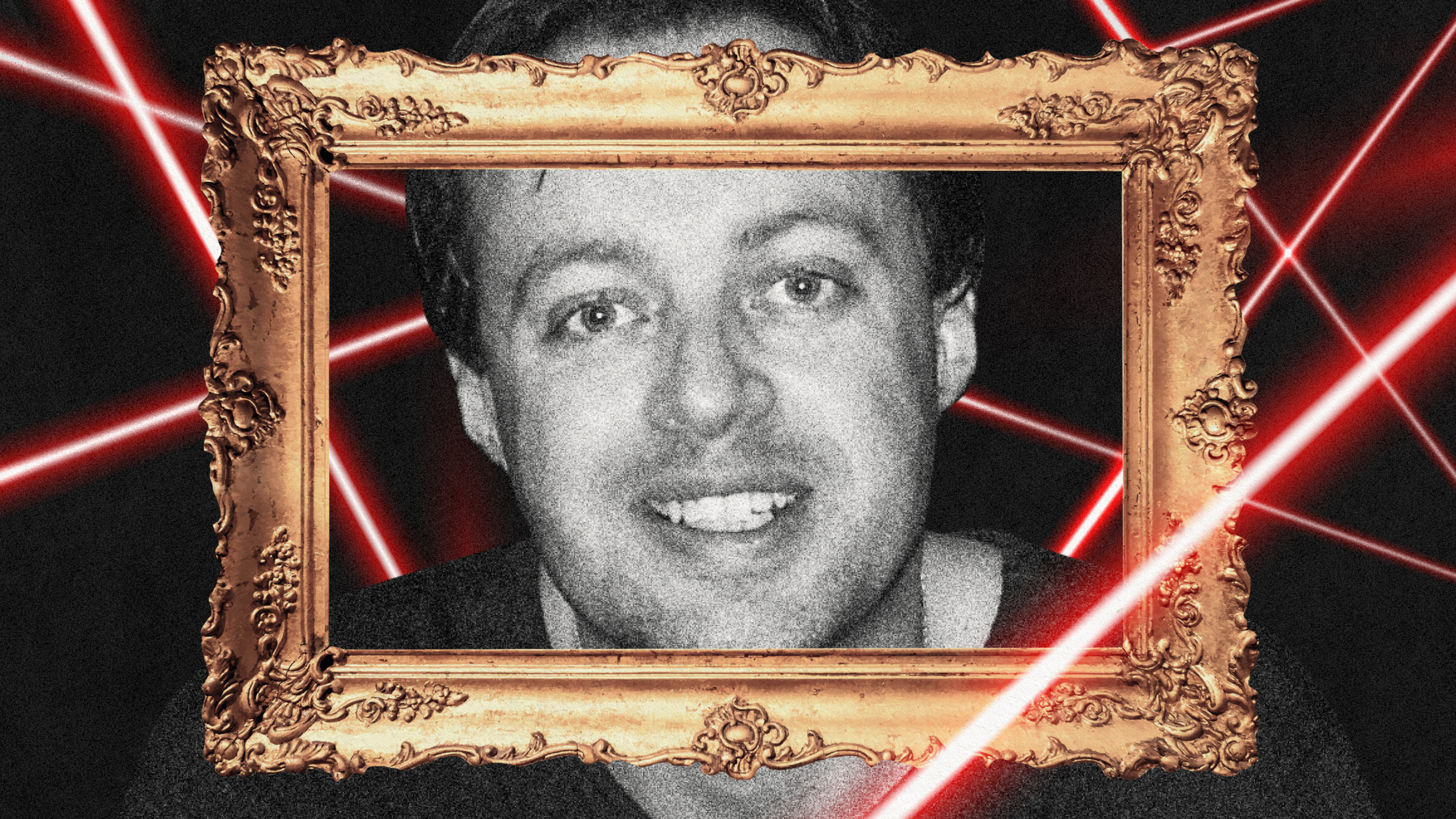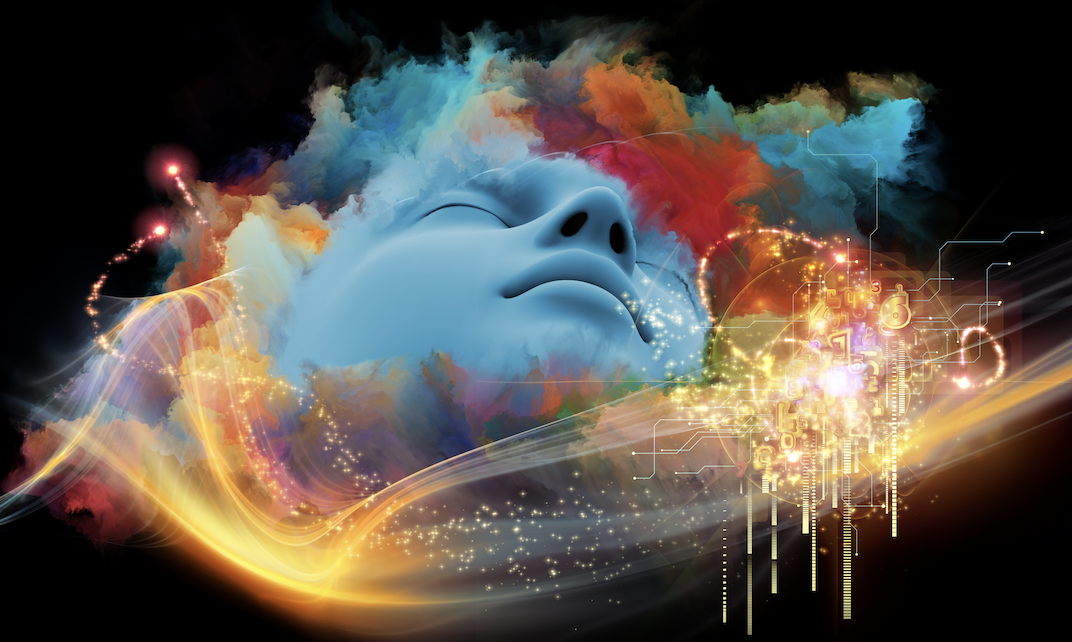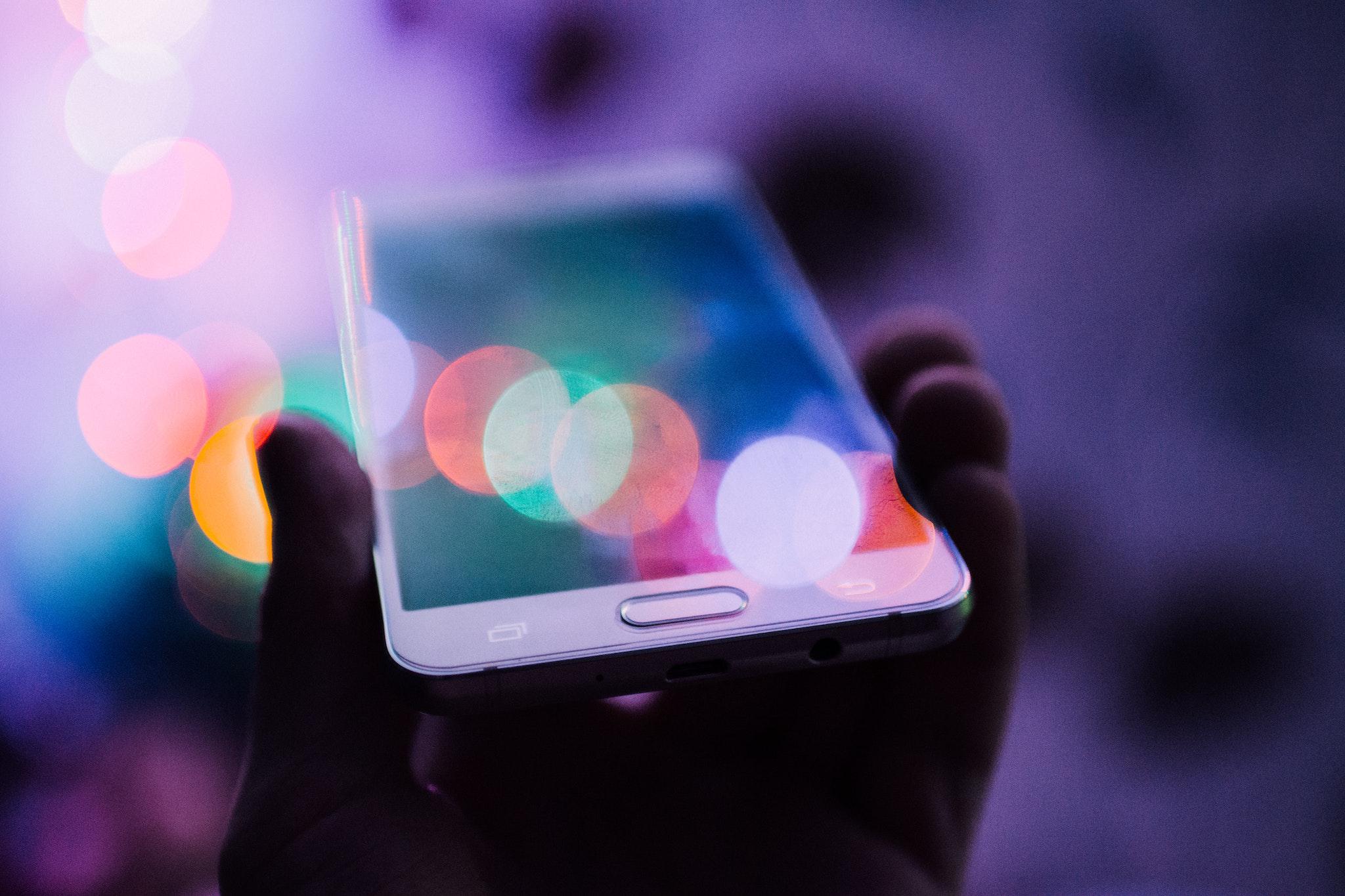How Too Much Caffeine Drove One Woman to Become Manic

Coffee is one heck of a drug. It’s addictive and, as most of us know, when some people don’t get their daily dose of Joe, they get irritable. But what happens when you get too much of that morning motivator? Caffeine intoxication.
Agata Blaszczak Boxe from Braindecoder reported on an interesting case of a woman who became manic after consuming quite a bit of caffeine. Dr. Julia Tatum Krankl, a psychiatrist at the UCLA Semel Institute for Neuroscience and Human Behavior, and her team of researchers wrote a paper on the 2013 case, which was published in this month’s issue of The American Journal of Addictions. They write that they observed “multiple episodes of caffeine-induced mania with psychotic features and met criteria for caffeine use disorder.”
The Diagnostic and Statistical Manual of Mental Disorders (the DSM-5) originally defined the temporarily self-induced mental disorder, caffeine intoxication, back in 2013. The list of symptoms is quite long, ranging from restlessness, nervousness, excitement, and rambling speech to muscle twitching, sleeplessness, and irregular heartbeat.
For a 69-year-old woman in the summer of 2013, the issues began when she started pounding down 32 ounces of coffee per day. In the fall, researchers say she upped that dose to around 840 mg of caffeine per day — more than twice as much as the Dietary Guidelines Advisory Committee deemed safe in their recent and first report that included a discussion on coffee.
Days after going on this coffee bender, in the hopes that it would help regulate her stress, she landed in the hospital with symptoms of mania, as reported by researchers. They observed fluctuations in her mood, restlessness, and rapidity in her speech.
Krankl explained how they ruled out any other possibilities:
“The reason why we thought that the cause of her mania was caffeine was that, as she increased her caffeine use, the mania symptoms started and got worse. And as she decreased her caffeine use, her mania symptoms went away.”
The researchers report, however, after she was discharged, she began her coffee-drinking habits again, though, to a lesser extent. They estimate that she consumed 526 mg of caffeine a day. Her mental health began to deteriorate once more, becoming paranoid of the doctors trying to help her regulate.
The woman did eventually get a hold of her issue, reducing her consumption to around 95 mg of caffeine per day with the help of addiction counseling.
The researchers believe that “[this] case supports evidence that caffeine use disorder should be considered for inclusion in future diagnostic manuals as a potential drug of abuse pending additional research.”
Caffeine plays with our internal chemistry, affecting the neurotransmitter dopamine in the brain and playing with parts of us that cause us to go for “just one more cup.” I know if I don’t regulate, I begin to become anxious and restless myself.
Read more about the case at Braindecoder.
Photo Credit: Shutterstock





